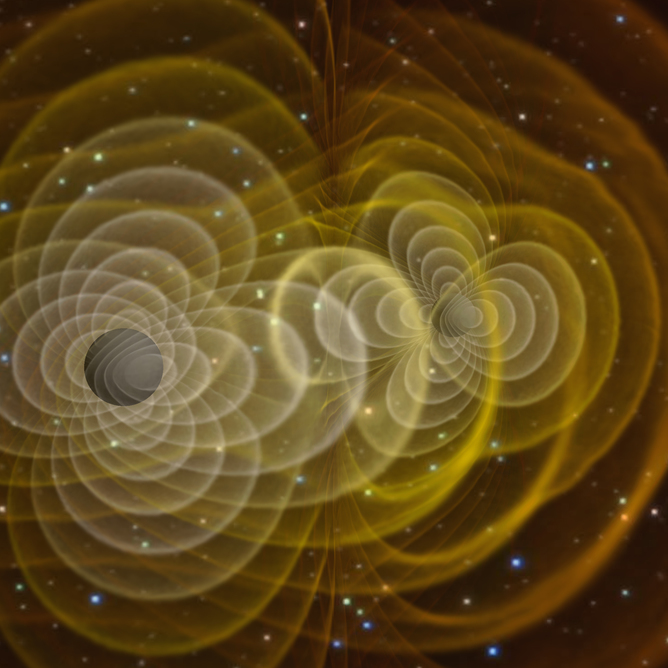
Vasudevan Mukunth is the science editor at The Wire.
Widely circulated news reports on March 2 had many Indian readers in a tizzy. The contents: High-school girl from West Bengal. Claims she bumped into NASA scientists on an unspecified social media group – who in turn “hugely appreciated” her ideas on “the Black Hole Theory”. Which she posted on the NASA website, and on the sole basis of which she claims an internship program offered by NASA’s Goddard Institute of Space Studies (GISS) will fund her higher education (all the way to a PhD) at Oxford University. Finally, all news reports discussing the claims have no confirmation from NASA – apart from quoting the same sources.
- DNA India
- The Times of India
- Mumbai Mirror
- Zee News
- The Better India
- Deccan Chronicle
- Hindustan Times
Here’s what should’ve pinged your baloney radar:
- There’s no “the Black Hole Theory”. For their study, blackholes are situated in quantum mechanics, general relativity or both – so saying there’s a B.H.T. is misleading as well as misinformed. Then again, how much would you expect an 18 y.o. to know?
- When you win a substantial scholarship on the basis of theorising on blackholes, you can be expected to know what quantum mechanics and general relativity each stand for.
- It’s not enough that NASA is facing drastic budget cuts that are forcing the agency to cancel the development of entire rockets – it still finds it okay to fund the education of students who aren’t American citizens. At Oxford University and all the way to a PhD for added measure.
- According to reports, the girl’s PhD will happen while she works at NASA’s London Astrobiology Centre. Such a centre doesn’t seem to exist – coming closest is the University of Edinburgh’s Astrobiology Centre, which in turn has no known significant association with NASA.
Most of all, the biggest ping on the radar was the reports’ similarity to one that appeared in May 2014, in The Hindu. Then, a student of Anna University in Tamil Nadu had claimed he had a PhD from the University of California, Berkeley, even though he was yet to finish his undergraduate studies. He’d also claimed that his laurels rested on the back of his research into the “inner structure of the electron” – which isn’t possible because the electron is a fundamental particle and doesn’t have an inner structure.
But what made the piece sell overall was also what was broken about it: comments only from people who stood to gain (even emotionally) from the piece being true, and none from the people supposedly conferring those gains. At the time of writing this, GISS hadn’t responded to a request for comment. However, on March 3, Huffington Post India had it: “We have no record of [the girl in question] being granted an internship, scholarship or any form of academic or financial assistance from our institute. Furthermore, the Goddard Institute for Space Studies has no facilities in London and all of our internships are awarded to students who live within 50 miles of our location in New York City. The application deadline for our 2016 students closed March 1. We have not made any selections yet.”
In fact, among those mainstream publications that reported the NASA Goddard scholarship story, only Hindustan Times had presented a sliver of legitimacy: the scholarship, according to its report, isn’t from Goddard but from Barang, a Bengali foundation that provides “free tuition to schoolchildren in economically deprived areas”.
Note: This article was edited for clarity on March 3, 2016.

